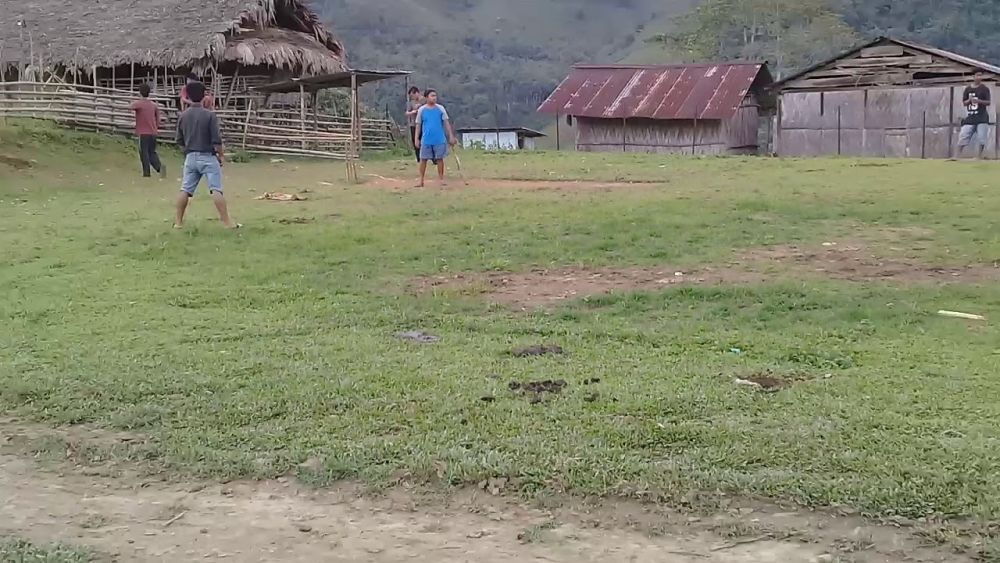

The quaint village of Bagra, nestled in the picturesque landscapes of Aalo (formerly known as Along) in Arunachal Pradesh, remains one of India's hidden gems. While Arunachal Pradesh has only recently gained popularity among ardent travelers, the history of tourism in Bagra Village has been somewhat nascent yet enriching.
The tourism history in Bagra can be traced back to the late 20th century when the Indian government and various travel enthusiasts began exploring the potential of North East India as a travel destination. Bagra, being a part of this remote region, was largely untouched by modern developments—it was the perfect escape for those looking to experience unspoiled nature.
However, it was not until the early 2000s that Bagra Village began to realize its potential as a hub for cultural and ecological tourism. The state government of Arunachal Pradesh, with the aim of promoting sustainable tourism, started to develop basic infrastructure to attract more visitors.
With its rich heritage and tribal culture, Bagra Village offered a unique experience. The indigenous Galo tribe, known for their vibrant festivals, warm hospitality, and intricate handloom patterns, became a focal point for tourists seeking cultural immersion.
The Mopin festival, a major event in the Galo calendar, soon turned into a tourist attraction, drawing visitors from around the world to witness the traditional dances, music, and rituals.
Around the mid-2010s, Bagra Village, along with the Aalo area, experienced a surge in eco-tourism. Travelers became more conscious of their environmental footprint, and Bagra's pristine landscapes, rich biodiversity, and opportunities for trekking and river rafting provided an excellent platform for eco-friendly activities.
The state government's initiatives to promote homestays also contributed to an increase in visitors. These homestays provide guests with an authentic experience of village life and an opportunity to partake in sustainable tourism.
Presently, tourism in Bagra Village is characterized by an emphasis on offbeat travel. The latest trends revolve around adventure activities, cultural homestays, and an increasing preference for remote work-cations among the younger demographic.
Moreover, the village is attracting photographers and nature enthusiasts for its picturesque landscapes and the enchanting Siyom River that flows through it. The region's flora and fauna are of significant interest to biologists and ecologists as well.
Despite the upward trajectory in tourism, Bagra Village is still facing challenges. The lack of robust infrastructure, connectivity, and a formal marketing strategy continues to impede the growth of tourism. However, community-led initiatives and a focus on sustainable tourism practices promise a brighter future for Bagra as an upcoming travel destination in Arunachal Pradesh.
In conclusion, Bagra Village in Aalo possesses immense potential as a tourist destination. Its history of tourism, while relatively brief, is rich with cultural significance and a growing appreciation for its natural beauty. As this serene village grapples with the modern demands of tourism, it continues to strive for a balance between growth and sustainability.